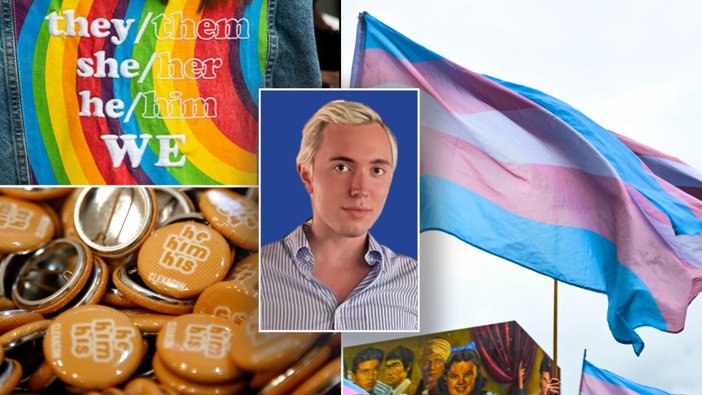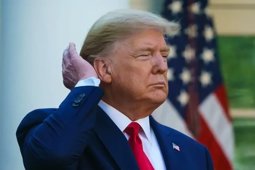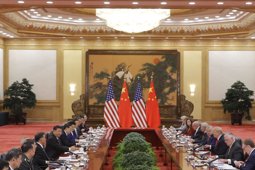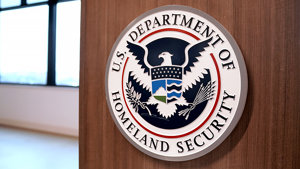
Debate Over Trump’s Support in LGBTQ Community Grows
As Trump nears six months in office, political influencers question polling and point to divisions within the LGBTQ community.
Influencer Questions Reported Decline in LGBTQ Support
Political influencer and podcast host Link Lauren is casting doubt on recent polling that shows a reported dip in support for President Donald Trump within the LGBTQ community. As Trump approaches his sixth month in office, the conversation about his favorability among LGBTQ voters has become increasingly complex, with shifting social and political dynamics at play.
Exit polling after the 2024 election showed that only 20% of LGBTQ voters backed Trump, down from 28% reported in 2020. However, Lauren, who hosts the popular “Spot On with Link Lauren” podcast and commands an audience of roughly one million followers across social platforms, says these figures do not reflect the reality he observes among gay voters. “He has the support of most normal gays that I talk to, and most gay people are tired of being lumped in with the non-binary LGBTQIA R2D2 nonsense,” Lauren argued, adding that many are frustrated with what they see as extreme activism overshadowing broader issues.
Lauren emphasized that not all members of the LGBTQ community identify with highly visible pride events or controversial debates. “I don't need to constantly feel like I'm part of this LGBTQ community and go out and wave a flag on Fifth Avenue as naked, non-binary people come traipsing down the street,” he said, reflecting a growing sentiment among some who feel politically alienated.
Polling Experts Cite Division Over Transgender Issues
Mitchell Brown, a polling expert at Cygnal, suggested the decline in Trump’s support is largely attributable to debates around transgender rights, particularly transgender athletes in women’s sports. “It’s the ‘T’ in the LGBTQ community that’s largely responsible for that,” Brown explained, noting that transgender issues, while relevant to a small segment of the population, have become politically charged flashpoints.
Brown noted that broader political changes and candidate personalities have also influenced voter turnout. “The political backdrop of 2016 versus 2024 was very different,” he said, describing shifts in Democratic Party leadership and voter enthusiasm as key factors in the evolving landscape.
Transgender rights and related legal debates continue to drive headlines. The Trump administration recently sued the California Department of Education and the California Interscholastic Federation, alleging Title IX violations over the participation of biological men in women’s sports. The move underscores the ongoing legal and cultural battles at the intersection of education, athletics, and civil rights.
Lauren, openly gay, expressed strong opinions about the debate, stating, “Don't tell me I have to support men in women's locker rooms. It's asinine and absurd that we even have to have this conversation.” He added that such issues have drawn international attention and ridicule, saying, “It’s why so many other countries have laughed at us in the last four years.”
As the Trump administration’s policies and the broader debate over LGBTQ rights continue to evolve, experts and influencers alike agree that internal divisions within the community and shifting political trends will play a decisive role in future elections and policy battles.






